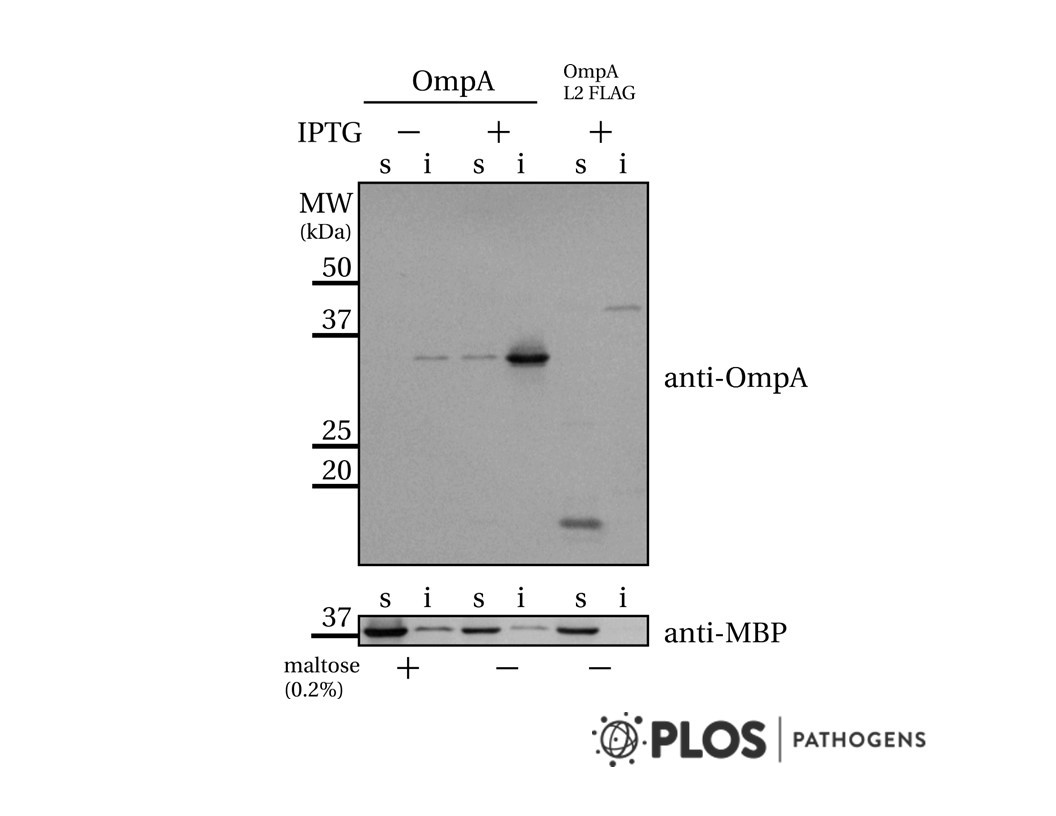
Cat. #151408
Anti-BCL2 [bcl-2/90]
Cat. #: 151408
Sub-type: Primary antibody
Unit size: 100 ug
Availability: 10-12 weeks
Target: Bcl2
Class: Monoclonal
Application: IHC ; WB
Reactivity: Human
Host: Mouse
£300.00
This fee is applicable only for non-profit organisations. If you are a for-profit organisation or a researcher working on commercially-sponsored academic research, you will need to contact our licensing team for a commercial use license.
Contributor
Inventor: Jacqueline Cordell
Institute: University of Oxford
Tool Details
*FOR RESEARCH USE ONLY
- Name: Anti-BCL2 [bcl-2/90]
- Clone: bcl-2/90
- Tool sub type: Primary antibody
- Class: Monoclonal
- Conjugation: Unconjugated
- Reactivity: Human
- Host: Mouse
- Application: IHC ; WB
- Description: The pro-survival protein BCL2 derives its name from B-cell lymphoma 2, as it is the second member of a range of proteins initially described in chromosomal translocations involving chromosomes 14 and 18 in follicular lymphomas. Damage to the Bcl-2 gene has been identified as a cause of a number of cancers, including melanoma, breast, prostate, chronic lymphocytic leukemia, and lung cancer, and a possible cause of schizophrenia and autoimmunity. It is also a cause of resistance to cancer treatments.
- Immunogen: Synthetic peptide of amino acids 41-54 of human bcl-2 oncoprotein
- Isotype: IgG1
- Myeloma used: P3/NS1/1-Ag4.1
Target Details
- Target: Bcl2
- Target background: The pro-survival protein BCL2 derives its name from B-cell lymphoma 2, as it is the second member of a range of proteins initially described in chromosomal translocations involving chromosomes 14 and 18 in follicular lymphomas. Damage to the Bcl-2 gene has been identified as a cause of a number of cancers, including melanoma, breast, prostate, chronic lymphocytic leukemia, and lung cancer, and a possible cause of schizophrenia and autoimmunity. It is also a cause of resistance to cancer treatments.
Applications
- Application: IHC ; WB
Handling
- Format: Liquid
- Concentration: 0.9-1.1 mg/ml
- Unit size: 100 ug
- Storage buffer: PBS with 0.02% azide
- Storage conditions: -15° C to -25° C
- Shipping conditions: Shipping at 4° C



